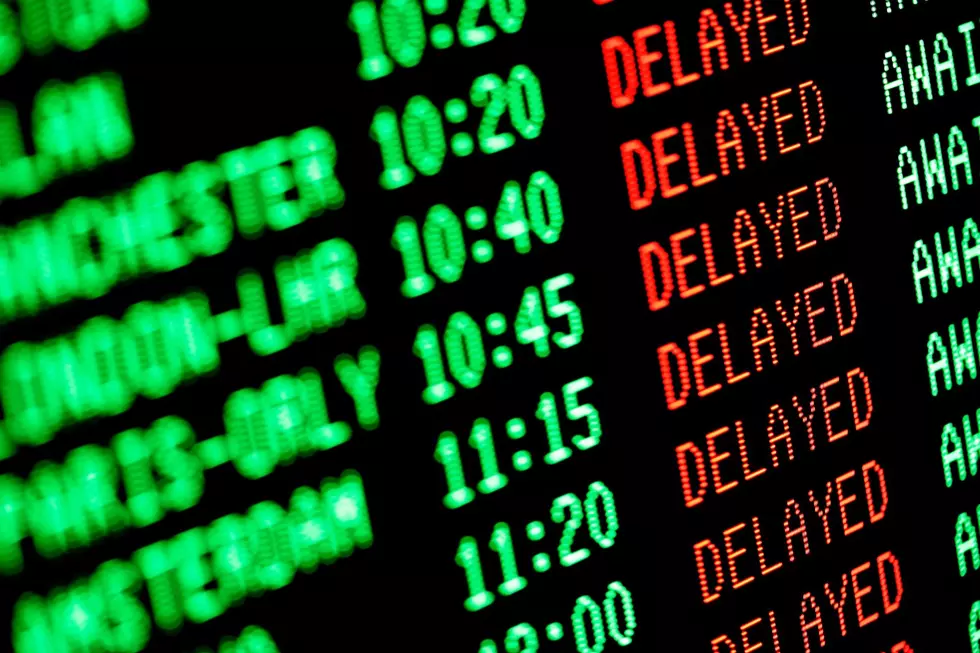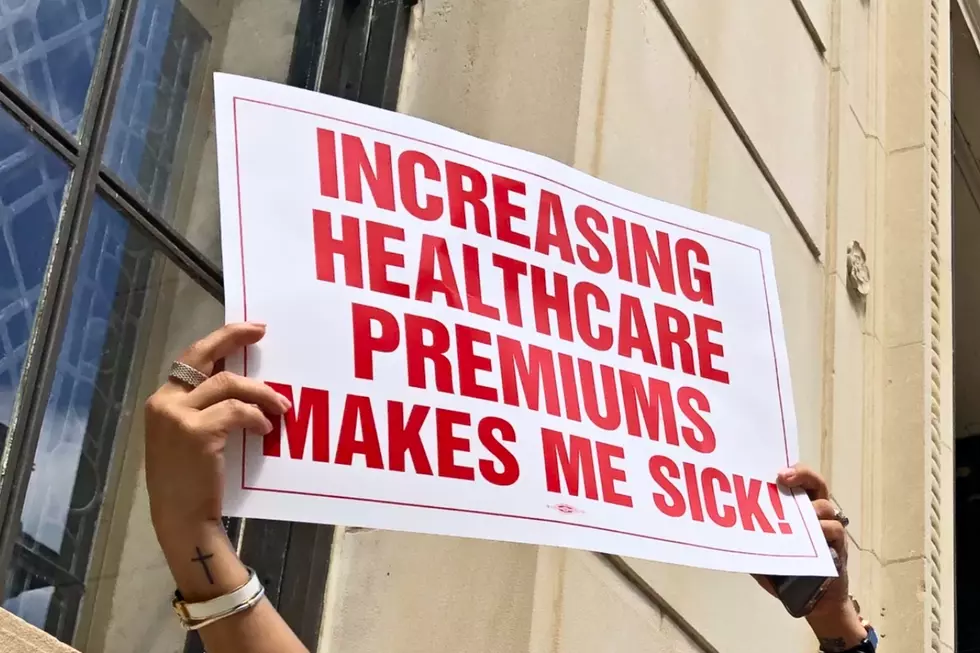
Why fewer cheap flights might be found at Newark Airport
Your chances of finding a cheap flight out of Newark Liberty International Airport could soon go down dramatically.
You may want to expand your search to John F. Kennedy or LaGuardia Airports in New York. All three are run by the Port Authority of New York and New Jersey, but it's only Newark flights that are about to be hit by a huge fuel tax.
The loss of cheap flights is just one of the so-called unintended consequences that are feared if state lawmakers give final passage to a bill that expands a bizarre fuel tax to include all the fuel in a plane’s tanks.
Currently, only the jet fuel that is consumed during takeoff and landing is subject to New Jersey’s fuel tax. However, an expansion of that tax is on the verge of final approval. It would cost Newark’s biggest carrier, United Airlines, more than $20 million per year. United accounts for two-thirds of all passengers flying out of Newark, and warned during a legislative hearing this week that passengers would pay the price.
There is a lot not to like, at times, about the way United Airlines does business and treats passengers. Entire websites are dedicated to hating on United. They are, however, a major contributor to Trenton tax collections and the New Jersey economy. A recent study showed the airline contributed $16 billion to the New Jersey economy in 2016 and United customers added $1.6 billion in economic activity.
At the same time, United’s vice president of state and local government affairs, Daniel Lynch, told lawmakers, "We pay over $400 million a year in taxes, rates, charges, and fees ... we think that is a significant amount."
Jill Kaplan, president of the New York/New Jersey region for United Airlines, says the company has made over $2 billion in unsubsidized investments at Newark Airport.
Privately, United officials have told me they see this as punitive, and directed specifically at them. Why else, they ask, would smaller commercial New Jersey airports like Atlantic City and Trenton-Mercer be exempted from the higher fuel taxes? As a last-minute change, lawmakers included an exemption for airports with less than 20,000 flights per year, which includes TTN and ACY.
Will the additional fuel cost be passed on to passengers? Yes. But with 28 million United passengers per year at Newark, it would amount to less than a dollar per ticket.
However, United execs say that’s not the point. Why pay the higher tax if you don’t need to? They have already signaled any growth in flights, services, capital improvement, and job growth will be directed to other airports, like Kennedy and LaGuardia. Said Lynch, "(This tax) will curb growth. It will stop job creation at Newark Airport. It will drive that growth to LaGuardia and JFK. I don’t think that’s a smart economic plan for this state."
In the end, none of that mattered to lawmakers, who advanced the bill out of committee and pointed it toward a full vote by the end of the year. They need money to pay for what many Trenton insiders and transportation experts believe is an ill-conceived plan to expand light rail service from Newark’s South Ward to the airport. It’s a giveaway, they say, to Democratic power brokers and labor unions.
And did we mention that might be illegal? Federal law clearly says fuel taxes cannot be diverted for projects that are not part of the airport itself. The Port Authority has been fined in the past for violating that law, and likely will be again.
As is often the case, though, all most lawmakers could talk about was the money this tax hike would generate. Especially since they have spent that money before even a single cent was collected.
Eric Scott is Vice President, Senior Political Director and Director of Special Projects for New Jersey 101.5. He anchors "New Jersey's First News" and weekday morning newscasts from 5 to 10 a.m., in addition to hosting a monthly Town Hall series.
More from New Jersey 101.5:
More From New Jersey 101.5 FM









